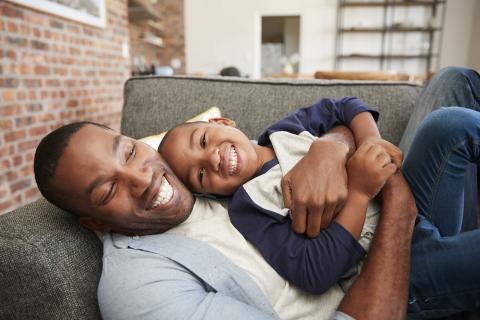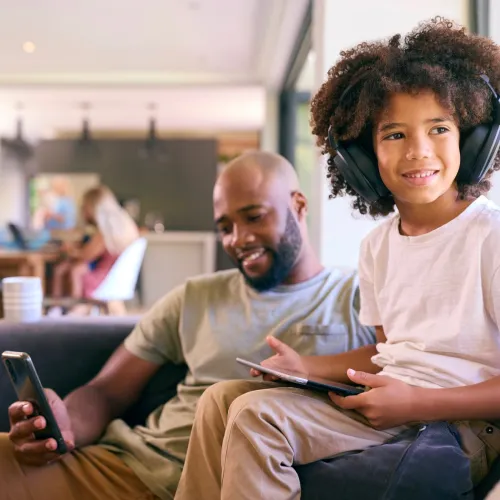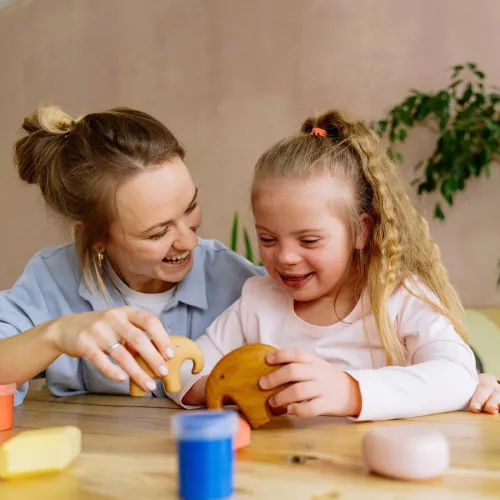OurFamilyWizard Blog
Insights and Advice for Conflict-Free Co-Parenting
Featured

Learn why having a strong co-parenting relationship will ease tough conversations.
Recent

Facing judgement during divorce can be tough. Learn how to protect your peace, set boundaries, and…

The UK’s divorce laws treat pets as property, but they’re part of the family. Discover how legal…

Learn how OurFamilyWizard builds AI tools like ToneMeter AI to help real co-parents reduce…
Mastering your parenting schedule

Using the best co-parenting calendar is essential for preventing conflict after a divorce or…

Adjusting to being raised in two houses is easier for children when co-parents master these basics.

For many parents, a parenting schedule is a crucial element of your overall co-parenting…



